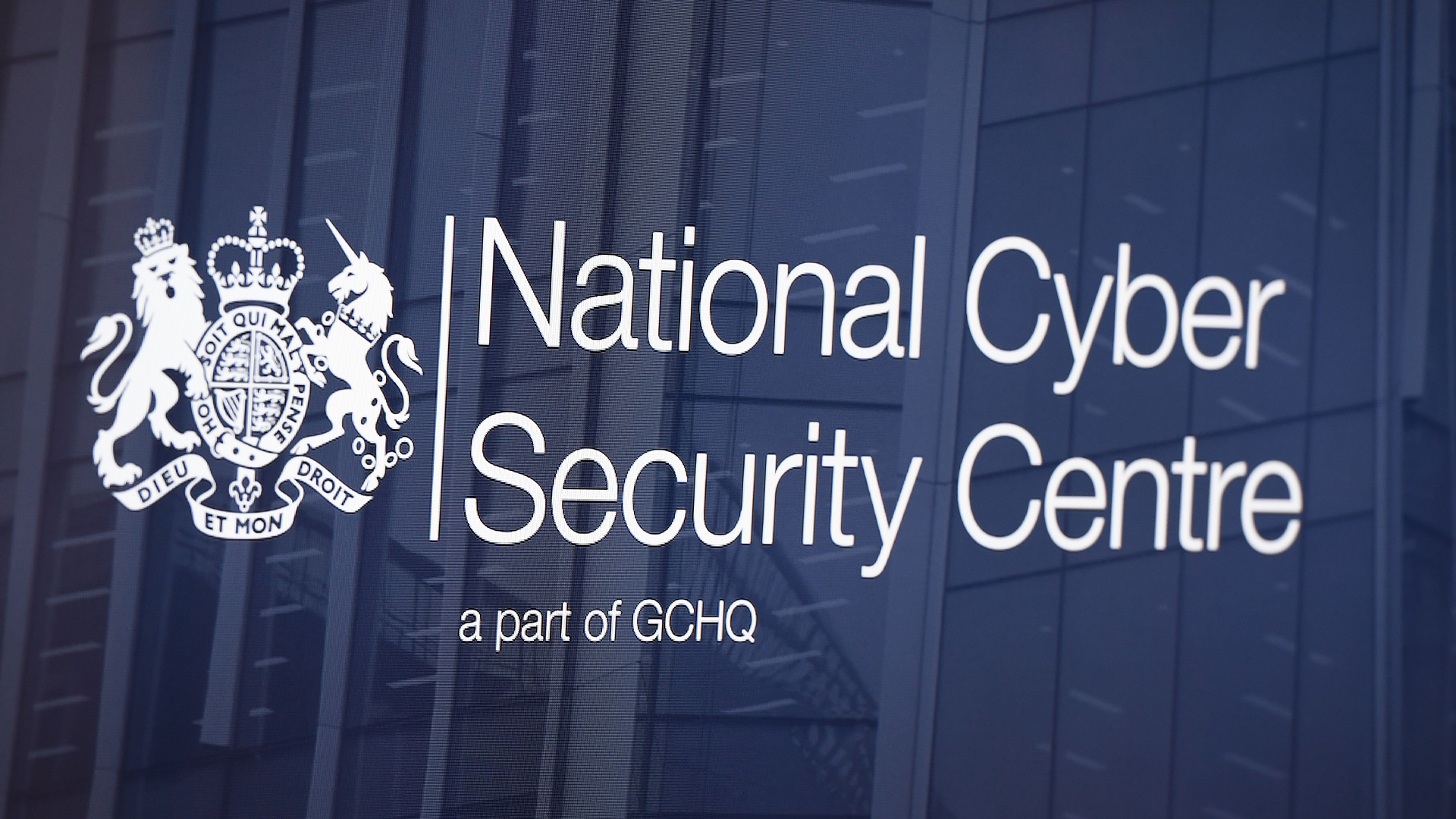UK cybersecurity workers are overworked, overwhelmed, and burning out faster than global counterparts — here's why
Gaps in visibility, poor board communication, and a lack of cyber maturity are leading to high levels of burnout


UK cybersecurity workers are burning out faster than ever due to rising operational pressure, growing risk complexity, and heightened board expectations.
That’s according to a new report from Bitsight which found security practitioners across the UK are struggling more than international counterparts.
The study found that while British organizations are leading in areas such as risk monitoring - 43% continuously monitor their third-party relationships for cyber risk, compared with 33% worldwide - many still struggle to convert that data into actionable insights.
30% off Keeper Security's Business Starter and Business plans
Keeper Security is trusted and valued by thousands of businesses and millions of employees. Why not join them and protect your most important assets while taking advantage of this special offer?
Fewer than one-in-five UK organizations can translate their data into intelligence that drives real-time decision making or informs board-level reporting, the company found.
Only 20% consider their cyber risk management practices to be 'very mature', and just 29% report having a formal cyber risk program that's well aligned with business priorities.
These challenges come amidst a period of intense legislative requirements, the study noted, with NIS2 and DORA placing higher demands on organizations and security teams alike.
Yet despite this, only 21% of UK respondents cited compliance reporting and auditing as a top priority for 2025.
Sign up today and you will receive a free copy of our Future Focus 2025 report - the leading guidance on AI, cybersecurity and other IT challenges as per 700+ senior executives
“In today’s post-NIS landscape, continuous monitoring is no longer a competitive edge - it’s a compliance expectation," said Stephen Boyer, chief innovation officer at Bitsight.
"But without the intelligence to interpret what that data means for the business, it’s just noise. UK security teams need clarity, not complexity, to make confident decisions - and that starts with risk teams turning data into actionable insight.”
What's stressing out cybersecurity workers?
All this is leading to high levels of burnout, researchers found, with UK practitioners reporting work-related stress at a far higher rate than global counterparts.
More than half (59%) of UK cyber workers said they’ve experienced symptoms of stress or exhaustion compared with 47% globally.
Bitsight claimed companies lacking continuous visibility into their environments are up to 30% more likely to suffer staff burnout due to manual processes and the fact they’re putting out fires regularly.
Poor interdepartmental communication, however, is among the biggest causes of stress, the study found - especially between cyber teams and executive leadership.
While fewer than a third of organizations globally reported difficulties translating cybersecurity data into business risk terms, 52% of UK organizations reported the same.
This, they said, is making it harder to secure board engagement and funding for critical investments, thereby compounding operational challenges and placing more strain on teams.
Of those that said they do a somewhat poor or very poor job at communicating risk, 42% blamed this on inadequate security knowledge at the board level.
Contextualizing risk for board members is a long-running challenge encountered by cybersecurity practitioners. Bitsight’s report noted that arming workers with actionable insights plays a crucial role in helping explain risk and potential threats to executives.
Nearly three-quarters (72%) of the high achievers in cyber visibility achieved excellence in risk communication, while just 28% of all respondents did the same.
“Visibility alone is no longer enough," said Boyer. "Cyber risk intelligence - blending asset discovery, threat telemetry, and business context - is now essential for UK organizations seeking to move from reactive postures to proactive, intelligence-led strategies.”
Make sure to follow ITPro on Google News to keep tabs on all our latest news, analysis, and reviews.
MORE FROM ITPRO
Emma Woollacott is a freelance journalist writing for publications including the BBC, Private Eye, Forbes, Raconteur and specialist technology titles.
-
 90% of companies are woefully unprepared for quantum security threats – analysts say they need to get a move on
90% of companies are woefully unprepared for quantum security threats – analysts say they need to get a move onNews Quantum security threats are coming, but a Bain & Company survey shows systems aren't yet in place to prevent widespread chaos
-
 LastPass issues alert as customers targeted in new phishing campaign
LastPass issues alert as customers targeted in new phishing campaignNews LastPass has urged customers to be on the alert for phishing emails amidst an ongoing scam campaign that encourages users to backup vaults.
-
 NCSC names and shames pro-Russia hacktivist group amid escalating DDoS attacks on UK public services
NCSC names and shames pro-Russia hacktivist group amid escalating DDoS attacks on UK public servicesNews Russia-linked hacktivists are increasingly trying to cause chaos for UK organizations
-
 An AWS CodeBuild vulnerability could’ve caused supply chain chaos – luckily a fix was applied before disaster struck
An AWS CodeBuild vulnerability could’ve caused supply chain chaos – luckily a fix was applied before disaster struckNews A single misconfiguration could have allowed attackers to inject malicious code to launch a platform-wide compromise
-
 There’s a dangerous new ransomware variant on the block – and cyber experts warn it’s flying under the radar
There’s a dangerous new ransomware variant on the block – and cyber experts warn it’s flying under the radarNews The new DeadLock ransomware family is taking off in the wild, researchers warn
-
 Supply chain and AI security in the spotlight for cyber leaders in 2026
Supply chain and AI security in the spotlight for cyber leaders in 2026News Organizations are sharpening their focus on supply chain security and shoring up AI systems
-
 Veeam patches Backup & Replication vulnerabilities, urges users to update
Veeam patches Backup & Replication vulnerabilities, urges users to updateNews The vulnerabilities affect Veeam Backup & Replication 13.0.1.180 and all earlier version 13 builds – but not previous versions.
-
 NHS supplier DXS International confirms cyber attack – here’s what we know so far
NHS supplier DXS International confirms cyber attack – here’s what we know so farNews The NHS supplier says front-line clinical services are unaffected



